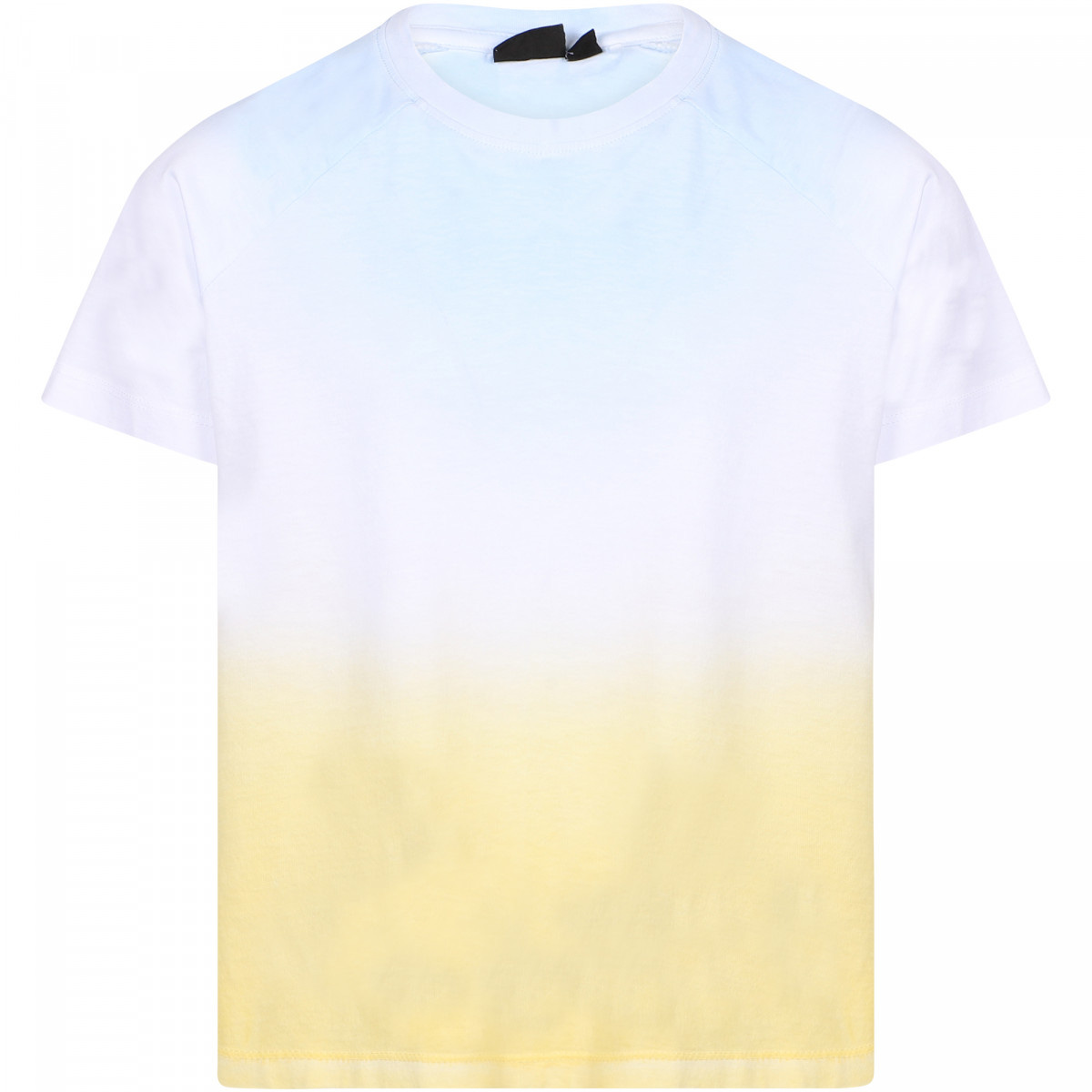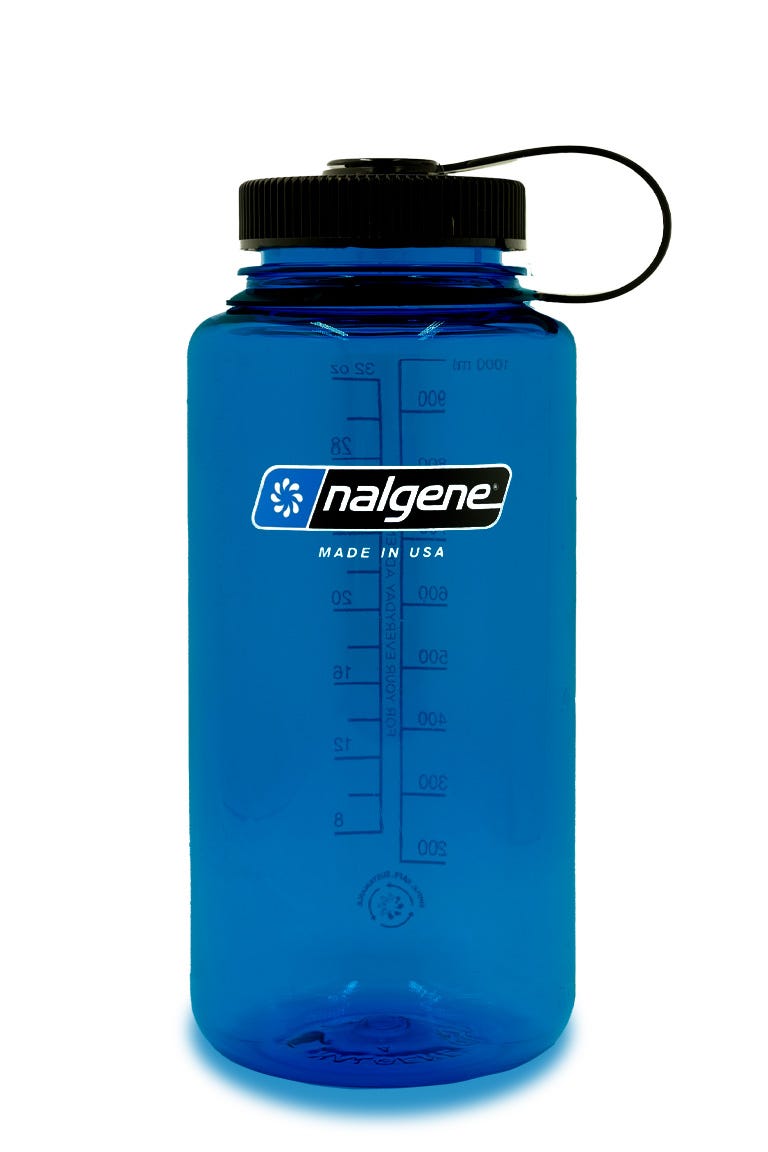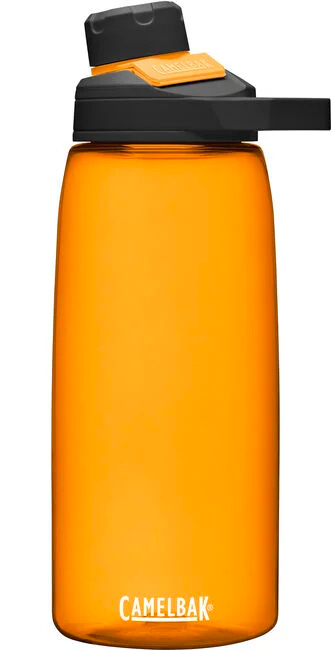The Rookie Band Parent Survival Guide
Episode 1: The Band Camp Blues
Band forums are active. Meme pages are flourishing. Box5 Media is dusting off their equipment (and FloMarching’s already got theirs nice and warmed up). The fall marching season has not *officially* begun, but with many band camps across the country already in full swing, the 2023 season is just about ready to set sail. What I just described are several of the most integral cogs in the marching band hype machine – fan forums, meme pages, streaming services – that may, to the unaffiliated, seem moot. The world of competitive band is undoubtedly daunting to newcomers: who would have guessed that combining the gatekeep-y nature of performance art with the gatekeep-y nature of classical music would result in a highly gatekept community?

Every band parent was, at one point, a rookie band parent. Even the most prestigious band booster president was once but a tender fawn waddling into the middle school band room, unable to fathom what the next six+ years would hold. There was a day they watched their child hauling a heavy black case into the car, slathered in sunscreen but still managing to be picked up three shades darker at the end of the day. The baby years of band are beautiful, but can be confusing if you aren’t immediately taken under the wing of a group of veterans. With this in mind, I set out to poll my audience of band members and parents about what they wish they’d known going into their first season. The most relevant and insightful tidbits of advice are below.
“I think the biggest thing to pay attention to is your kid’s mental and physical health more. Marching band can be really hard on your joints and mental well-being. Have them know the difference between soreness and injury.” Emma Letson, FaceBook
In a 2009 survey conducted by Reuters Health, more than 95% of band members in the Avon (IN) band reported muscle soreness, stiffness, and fatigue after rehearsal, with over half also reporting feeling faint, experiencing stomach sickness, and suffering heat-related illness. Common band-related injuries include back pain, knee pain, ankle strain, hip flexor strain and shin splints. More than half of the states in the US accept marching band as a PE credit, with many requiring a physical for students to participate just like any other athletic activity. But as a culture it seems we don’t really consider the idea of band members training year-round to stay in shape the way an athlete would: this leads to unnecessary injuries and exhaustion, especially in the first few weeks of band camp.
Now toss in mental strain alongside the physical – most programs expect band members to have their music memorized before camp even begins. Studies on procedural (muscle) memory in athletes have demonstrated a higher potential of choking under higher levels of stress. Much like athletic skill, playing an instrument uses procedural memory, so helping to alleviate as much of your student’s stress as possible is literally scientifically proven to help them perform better.
“Take care of your diet, and run the week before”
@notarthur2, Instagram
“Drink plenty of water all summer, not just the last week you have right before band”
@___indecisive._, Instagram
“DRINK WATER BEFORE, DURING, AND AFTER REHEARSALS”
@eyoitsems, Instagram
“Drink a lot of water, even if you think you’re hydrated: you’re not. DRINK WATER!!!!”
@nic_harris13, Instagram
Many major historical events ago, I was in high school band. One of the most distinct (for lack of a more descriptive word) memories that I have of band camp was all of our directors and staff walking around in shirts they called “the pee chart shirts”. I unfortunately don’t have any pictures from that time, but they sort of looked like this:
You can probably guess the point of the shirts – a healthy indicator of hydration is pale yellow urine. If your pee looked like the middle of the shirt, you were hydrated. The US Anti-Doping Agency recommends athletes weigh themselves before and after practice and drinking around 3 cups of water for each pound lost. The Agency also suggests drinking every 15-20 minutes, and states that athletes that wait to drink water until they are thirsty are already dehydrated.
An investment in a good water bottle is one of the most important things you can provide for your student. One read through GEM contributor Daniel Valdez’s rant about the red Coleman jug being discontinued is enough to tell you how passionate band people get about their water bottles. Personally, I recommend one of these brands:
32oz Wide Mouth Sustain Water Bottle from Nalgene, $16.99
Chute Mag 32oz Bottle from Camelbak, $17.00
And if you’re willing to really splurge:
Yeti Rambler One Gallon Jug from Yeti, $130.00
The jury is still out on whether it’s healthy to drink ice water while exercising, so I’ve included options for either here. I was also a choir kid in school, so I’ve been socialized to dislike cold water, but I’ve heard that the Yeti jug does wonders. I wasn’t paid for any of this, I just really like hydration and have approximately 20 or so Nalgenes and Camelbaks that I’ve accumulated over the years.
The Red One-Gallon Coleman Water Jug Is Nearly Extinct
"So I ask you, What is going on?????" - Cyrus the Damn Virus If you have performed at ANY level of marching pageantry arts, you know all about the Coleman Chiller™ Red One-Gallon Water Jug. Yes, I am aware that they came in a variety of colors and sizes (The italics are important. Stick with me.) We all had one at rehearsal. Some of us still have it,…
“[I wish I knew] how many hours went into it.”
@sophia.rossell, Instagram
“I wish I realized how many hours went into band. It definitely disciplined me.”
@lucybellon000, Instagram
“I wish my parents knew the amount of hours of practice and dedication needed per season.”
Nate, Discord
This FloMarching article from 2017 claims that the average marching season takes up approximately 150 hours. The University Interscholastic League, or UIL, limits Texas bands from rehearsing more than 8 hours per week outside of the school day. I racked up over 8 hours a day on the Saturdays we didn’t have a band competition and made it onto the practice field at 6AM every morning of the fall semester, so YMMV. Either way, band takes up a LOT of time. Various other student responses I got lamented the lack of free time and persistent exhaustion from time spent on band that they felt was lost on their parents, who apparently didn’t understand just how hard they worked and how they just could not fold the laundry when they got home. And yet you’ll never fail to hear just how much they miss marching season when the spring semester comes around, so there’s something that keeps these kids going. Probably the same sort of thing that keeps me writing these articles…
“You don’t have to be perfect! You also don’t have to be the best right away!!!
@nerosryb, Instagram
“It’s not easy, but the rewards you reap are so worth it.”
@eyoitsems, Instagram
“Get your parents involved. Band parents are the best parents. Our shows change so much from the very beginning to the end, from like coal to a diamond.”
Student, Discord
One of my firmest convictions about marching band is the amount of integrity that every single band performance involves. Every band kid works hard, whether they’re working alongside ten or three hundred other band members. As a band parent, you can get the best water bottle, the best tennis shoes, and buy all of the mattresses and mums and mulch your heart desires – what will win your student over in the end is showing up for them. Serving on the board and chaperoning trips is a massive commitment and doesn’t work out with everyone’s schedule, so don’t feel like you’re obligated to be the World’s Most Involved Band Parent Ever (honestly, please never try to be this). Showing up to one competition or even just watching a rehearsal or two tells your kid that you care about the work they’ve put into their performance. Host section parties and sponsor snacks within your means, but being your kid’s #1 cheerleader doesn’t need to come with a budget. In the words of FloMarching: Be there.
Hattie Bartlett is an experienced marching arts content creator making her writing debut with GEM. As a former member of the color guard, she has traveled across the country covering events with WGI and Box5, as well as informally commentating via HornRank. Hattie is currently on staff at the University of Missouri as a field photographer and communications intern. She can be found on Instagram and Tiktok as @ilikeguard.







